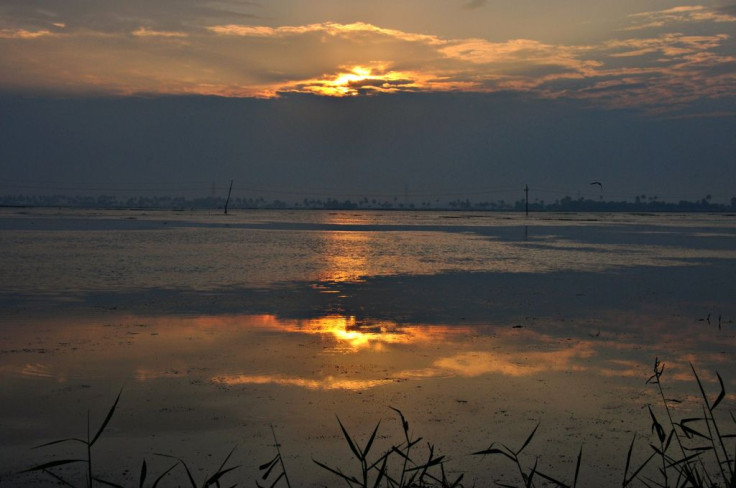Low Sunlight Increases Pancreatic Cancer Risk; Why It's Important To Get Enough Vitamin D

We all know too much sun can increase our risk for skin cancer, but what do we have to worry about when we don’t get enough sun? A recent study conducted by researchers from the University of California-San Diego School of Medicine has revealed that rates of pancreatic cancer are highest in countries with the least amount of sunlight, due to a lack of vitamin D. This is the first study to associate a vitamin D deficiency with pancreatic cancer.
"If you're living at a high latitude or in a place with a lot of heavy cloud cover, you can't make vitamin D most of the year, which results in a higher-than-normal risk of getting pancreatic cancer," Cedric F. Garland, adjunct professor in the Department of Family Medicine and Public Health and member of UC San Diego Moores Cancer Center, said in a statement.
Garland and his colleagues gathered data from 107 countries and found that countries with least amount of sunlight also record the highest pancreatic cancer rates. Previous research performed by Garland and his team showed that adequate levels of the vitamin D metabolite 25-hydroxyvitamin was linked to a lower risk of breast and colorectal cancer. A country’s low sunlight was often the result of heavy cloud cover and high latitude.
"People who live in sunny countries near the equator have only one-sixth of the age-adjusted incidence rate of pancreatic cancer as those who live far from it," Garland explained. "The importance of sunlight deficiency strongly suggests — but does not prove — that vitamin D deficiency may contribute to risk of pancreatic cancer."
Although certain foods, including tuna, salmon, beef liver, cheese, and egg yolk, naturally contain vitamin D, experts agree that we all require our body’s natural supply of vitamin D, which is produced when our skin is exposed to ultraviolet B radiation. Researchers also accounted for other risk factors associated with pancreatic cancer development based on each country, such as alcohol consumption, obesity, and smoking.
"While these other factors also contribute to risk, the strong inverse association with cloud-cover adjusted sunlight persisted even after they were accounted for," Garland added.
According to the World Cancer Research Fund International, pancreatic cancer is the 12th most common cancer around the world and the seventh most common cancer-related cause of death. Around 55 percent of pancreatic cancer diagnoses occur in developed countries. As of 2012, the Czech Republic had the highest rate of pancreatic cancer followed by Slovakia and Armenia. By continent, North American and Europe account for highest incidence of pancreatic cancer, while Africa and Asia account for the lowest.
Source: Cuomo R, Zeng K, Mohr S, Gorham E, Garland C. Vitamin D and prevention of colorectal cancer. Journal of Steroid Biochemistry and Molecular Biology. 2015.
Published by Medicaldaily.com



























